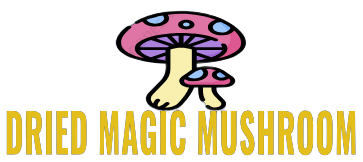Uncategorized
How to make DMT
Buy DMT crystals vape pens UK, Where to find DMT London, How to make DMT Birmingham, Buy LSD blotters Bristol, LSD gel tab for sale Leicester.
DMT: N,N-Dimethyltryptamine.
Every era has the drugs that define it. The Victorians embraced opium for relaxation and cocaine-infused wine for pep. Post-Second World War businessmen had Martini lunches, their disaffected housewives had Valium; both indulged in amphetamine-laced pills. Today, Adderall provides the same focus and confidence of yesterday’s stimulants, while opioid pharmaceuticals fill our bathroom cabinets.
There are countless reasons people take drugs. To wake up. To fall asleep. To concentrate. To dissociate. To numb pain. To enhance pleasure. But the need that psychedelics meet is hard to pinpoint. Is it to commune with others? Connect with a higher power? Delve deep inside? All of the above?

DID YOU KNOW
Whatever the reason, LSD has become inextricably connected to the zeitgeist of the sixties as the first psychedelic to attain popularity in western civilization. Devotees felt it allowed them to understand the world in a completely new way. It didn’t just make you feel good, it made everything glow with significance. As LSD’s inventor Albert Hofman put it: “I felt that I saw the world as it really was.”
If we were to look for a drug that defined our culture today, it may very well be N,N-Dimethyltryptamine, or DMT. First synthesized by chemist Richard Manske in 1931, its psychoactive effects were discovered in 1956 by psychiatrist Stephen Szára who identified DMT as the active ingredient in snuffs used in South American religious ceremonies. Yet, even as LSD skimmed the mainstream in the psychedelic sixties, DMT was only used recreationally by the most adventurous drug enthusiasts.
Of those who had tried it, 24 percent reported it was the most recent new drug they had tried — far higher than other psychedelics and twice the number who’d tried LSD for the first time.
“DMT is a bit of the ‘new kid on the block’ right now, despite having been around for so long,” says psychiatrist Professor Adam Winstock of University College London, founder of the Global Drug Survey, which annually captures trends in recreational drug use based on anonymous information from over 100,000 people worldwide.
